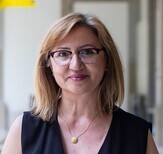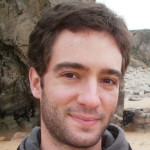|
I am a predoctoral scholar at the Universitat de Barcelona specialising in Deep Learning, Computer Graphics, and Computer Vision in Barcelona, Spain. Moreover, I am an experienced Software Engineer with a demonstrated history of working in the computer software industry. I am skilled in Java, Python, FE & DevOps technologies. Energetic engineering professional with an Honours Master's degree focused in Computer Science from the University of Jordan in 2020, Amman, Jordan. He received an Honours BSc in Computer Science from the Zarqa University in 2012 in Zarqa, Jordan. |
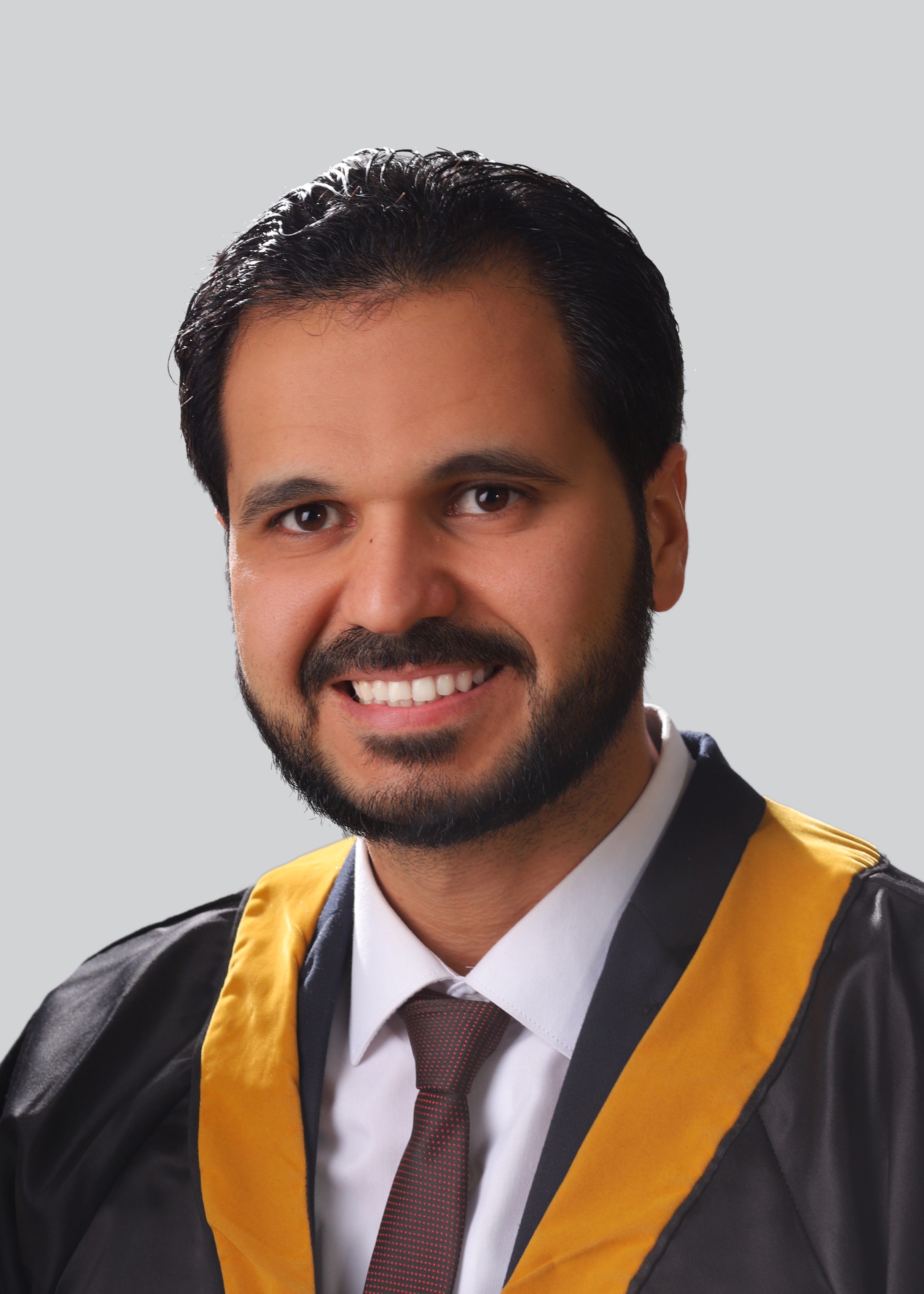
|
|
I'm interested in computer vision, deep learning, and computer graphics. My supervisors are:
|
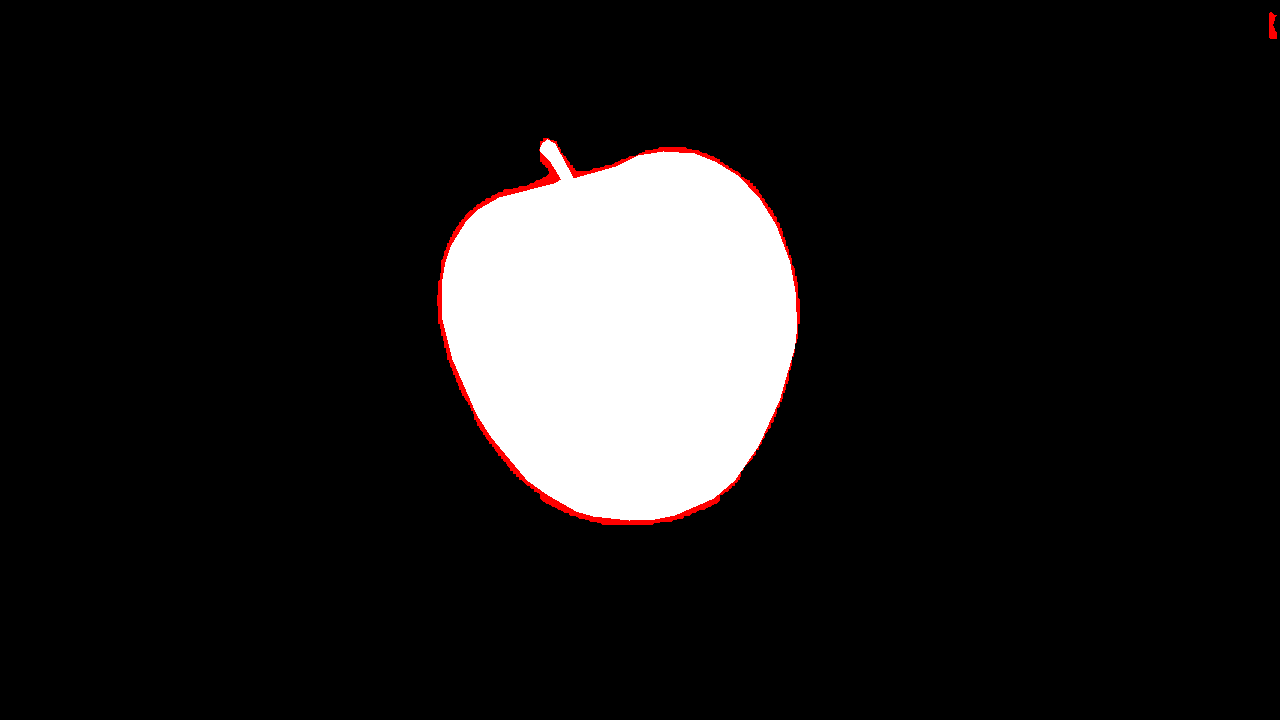
|
Ahmad AlMughrabi Adrián Galán Ricardo Marques Petia Radeva project page / arXiv FoodMem is a novel framework designed to segment food items from video sequences of 360-degree unbounded scenes. FoodMem can consistently generate masks of food portions in a video sequence, overcoming the limitations of existing semantic segmentation models, such as flickering and prohibitive inference speeds in video processing contexts. |
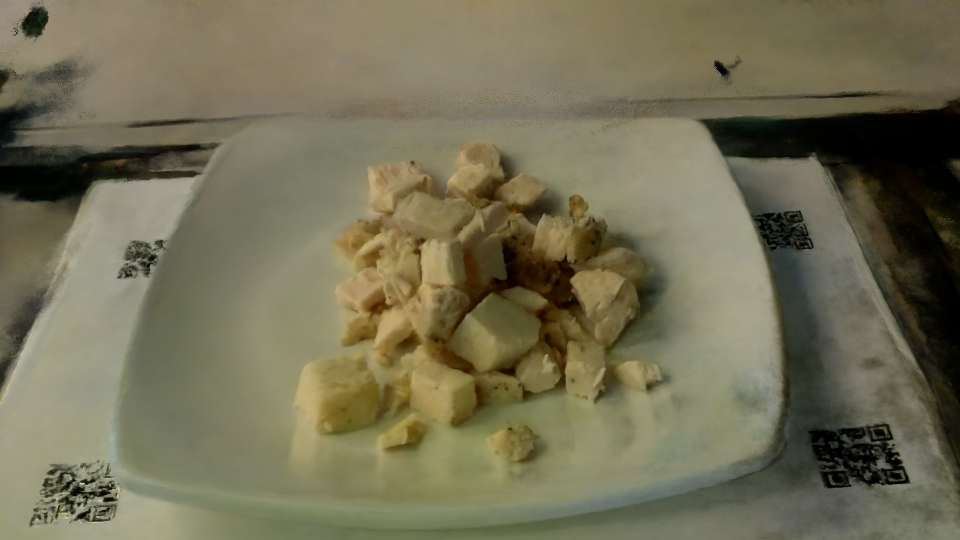
|
Ahmad AlMughrabi Umair Haroon Ricardo Marques* Petia Radeva* project page / arXiv Our solution overcomes several obstacles that plagued earlier versions of NeRF, including handling multiple video inputs, selecting keyframes, and extracting poses from real-world frames that are ambiguous and symmetrical. |
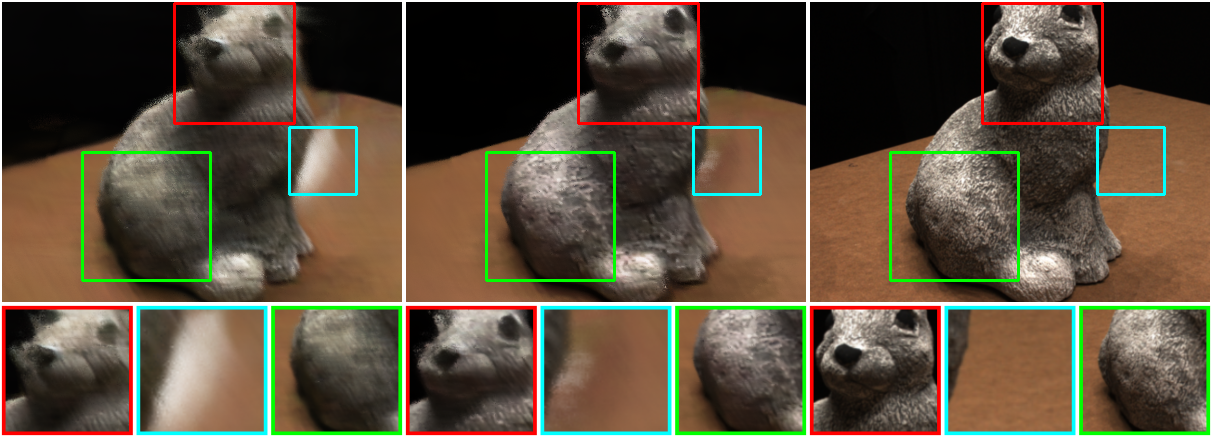
|
Ahmad AlMughrabi Ricardo Marques Petia Radeva project page / arXiv Our solution overcomes several obstacles that plagued earlier versions of NeRF in one and few-shot neural rendering, including handling artefacts, reducing the learning complexity, and eliminating noise. |
